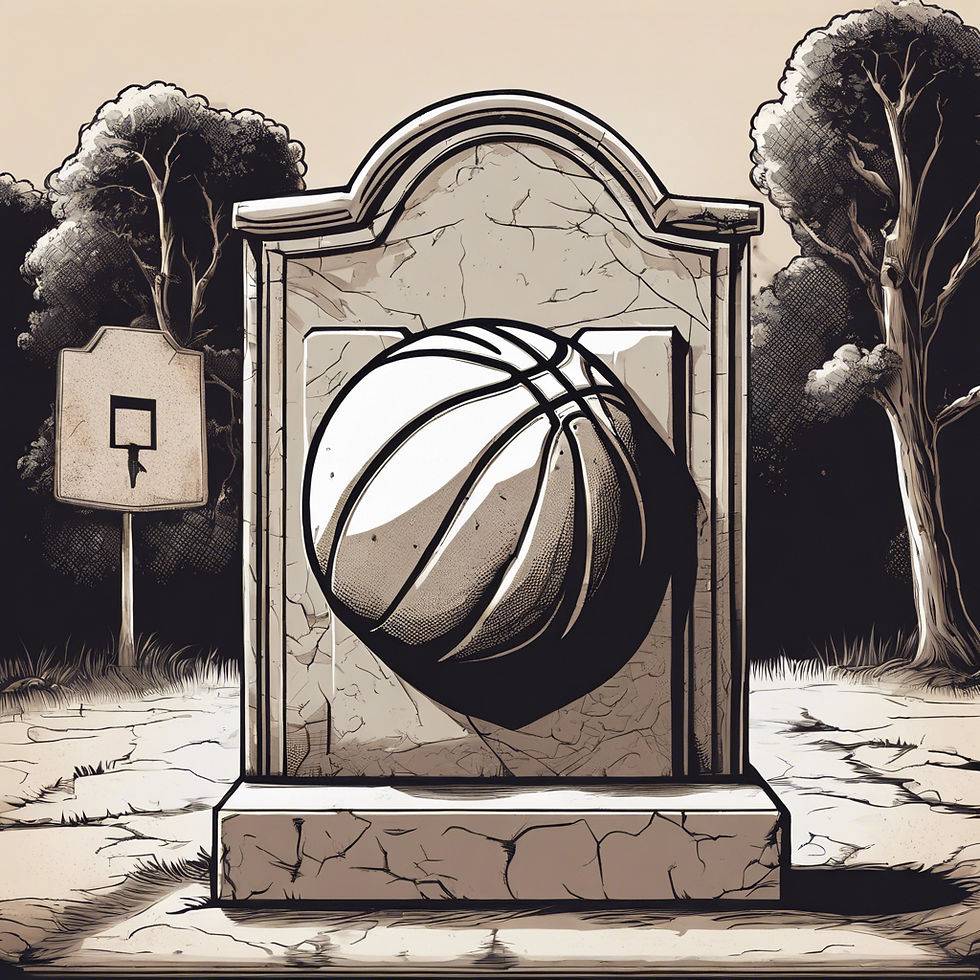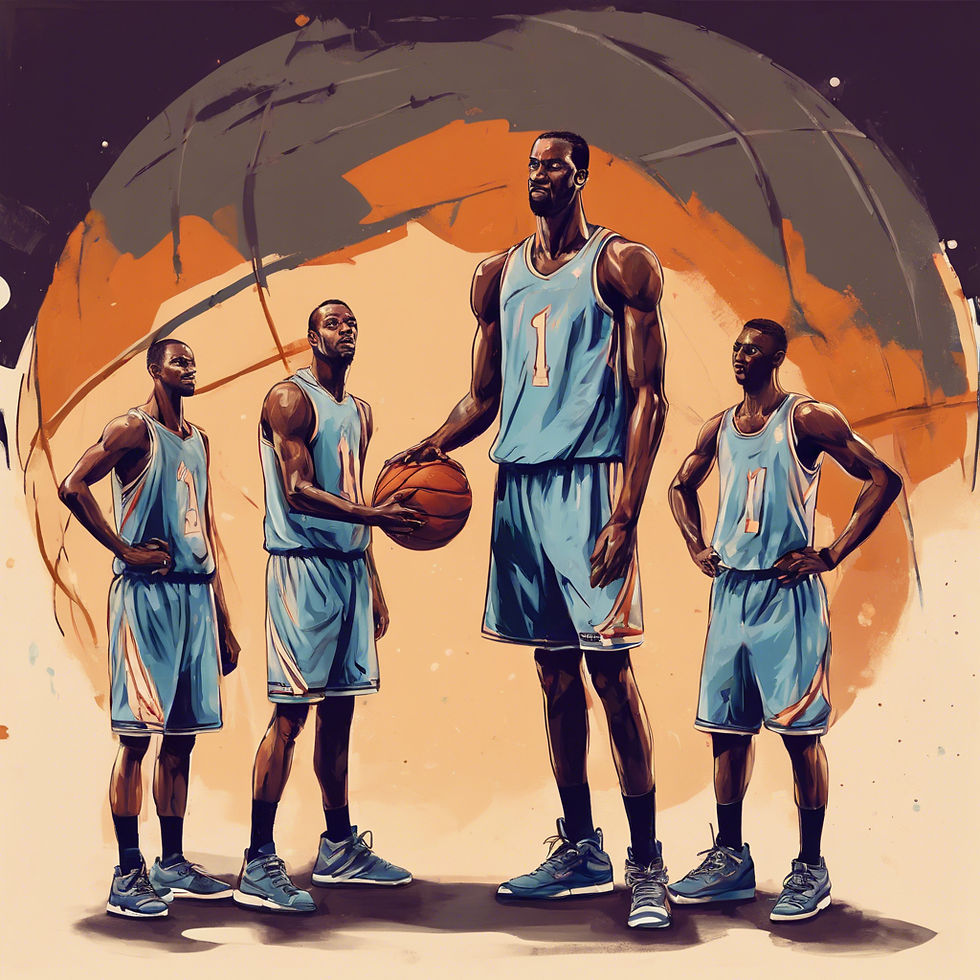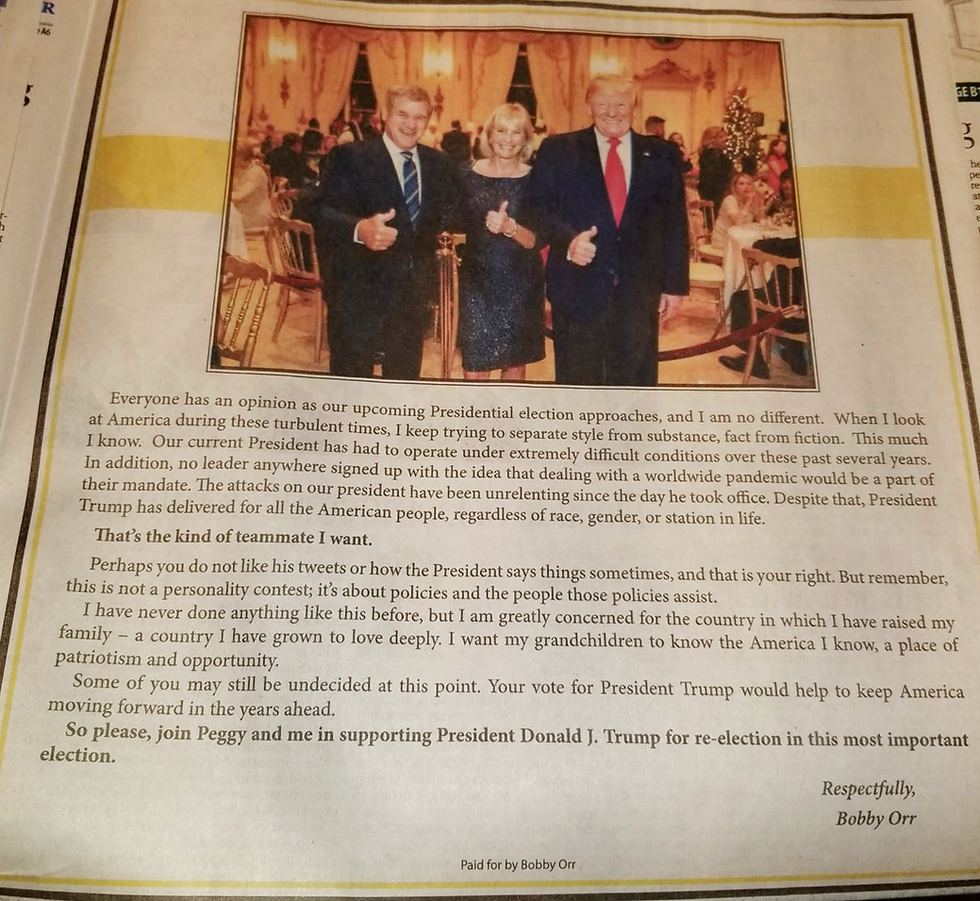The Death of the NBA Super Team
- Charlie Teljeur

- May 31, 2024
- 4 min read

While the time of death may be in question, the date of birth of the Super Team is pretty definitive. July 8th 2010 was the day LeBron James announced his decision to “take his talents to Long Beach".
With this move - when James joined the Miami Heat alongside incumbent Dwayne Wade and newly-signed star Chris Bosh - the Cleveland Cavaliers' superstar was ushering in The NBA's Age of Super Teams.
That was also the day that a few select superstars became ad hoc general managers. From that day forward, if you were talented enough to enjoy formidable leverage in contract negotiations you could pretty much call your shot. The decision on where you played and who you would play with, was effectively yours.

While some might consider this a golden age of basketball, it was more just the working of a video game come to life. The concept of a Super Team, you see, only applied to elite players and only applied to certain elite franchises. If you had deep pockets and an attractive enough location, you too could have your very own Super Team.
These teams were really only viable in metropolises like New York or Miami or Los Angeles. Whenever a player like LeBron James wanted to build a new version of the Super Team there would inevitably always be an owner available, with plenty of room for big salaries and even bigger egos.
These were teams built strictly for The Entitled. No one had any interest in creating a Super Team in squalid places like Salt Lake City or Portland.
The NBA Luxury Tax, instituted in 2001, was a mechanism meant to prevent, or at least adequately penalize, teams who wanted to create these sorts of elite rosters. Instead, because of the astronomical resources at their disposal, along with franchise ego and contempt for a level playing field, this tax became nothing more than a means to an end. An annoying little impediment to be paid for the privilege of constructing the kind of team that fans - before this - could only dream about.
These Super Teams were grotesque, and were never formed based on a positional need or a strategic theory. They were a deliberately-forced collection of elite players - often with redundant skill sets - jammed together like a soft-breaded sandwich.
They were ugly from a personnel point of view. Because of the massive financial resources allotted to just those few elite players, the remainder of the team was filled with marginal role players whose best qualities were their cost effectiveness.
The Super Team concept was an affront to other teams in the league and to the continuing facade which claimed that the NBA still retained some semblance of tangible competitive balance. Such was not the case.
Instead, the new reality during the Super Team era was that the also-rans in the league required delusional thinking to buy into the improbable concept that they actually stood a chance to compete with these top-heavy behemoths.

For the also-rans, winning was pretty much out of the question. At best they could console themselves with the windfall that would come from the sold-out arenas that resulted from whenever this abhorrent circus came to town.
Super Teams, of course, would not have been possible without a small number of NBA athletes at the time who larger than the game itself. Without uber-talented players like LeBron James, James Harden, Kevin Durant and Russell Westbrook, (and the financial clout they had) these teams would not have been possible.
It also would not have been possible without a willingness (more so a compliance) by the league to allow this obvious competitive imbalance to occur.
It’s not that the NBA did anything underhanded or illegal, but sports leagues, by definition, need to operate under an implicit code that says everyone is playing by the same rules, and when you disregard these principles you create a league with a few Haves and a whole lot of Have Nots.

You can bet that your personal perspective of this era is based, almost entirely, on which side of the fence you were on.
One can take solace however, in knowing that not all Super Team stories from this era were successful ones. For every LeBron James' manufactured triumph there are also other dysfunctional failures like the New Jersey Nets in 2020 when a roster with Kyrie Irving, Kevin Durant plus James Harden created nothing but nothing but headaches and severe disappointment.
Thankfully, over the years as these superstars have aged themselves out of dominance, so too has their on-court successes. This year James and Durant couldn’t even get past the first round. Poetically, they were beaten by teams built more the traditional way. Teams with perhaps a single superstar who was surrounded by a vibrant supporting cast.
It seems equity has finally returned to the NBA and sanity has once again prevailed.
Long live the “insignificant” cities like Indiana and Minnesota. I wish them all the success in the world.
As for the Super Teams? Good riddance.
************



Commentaires